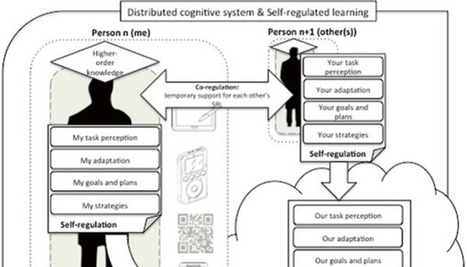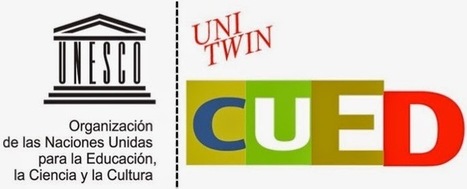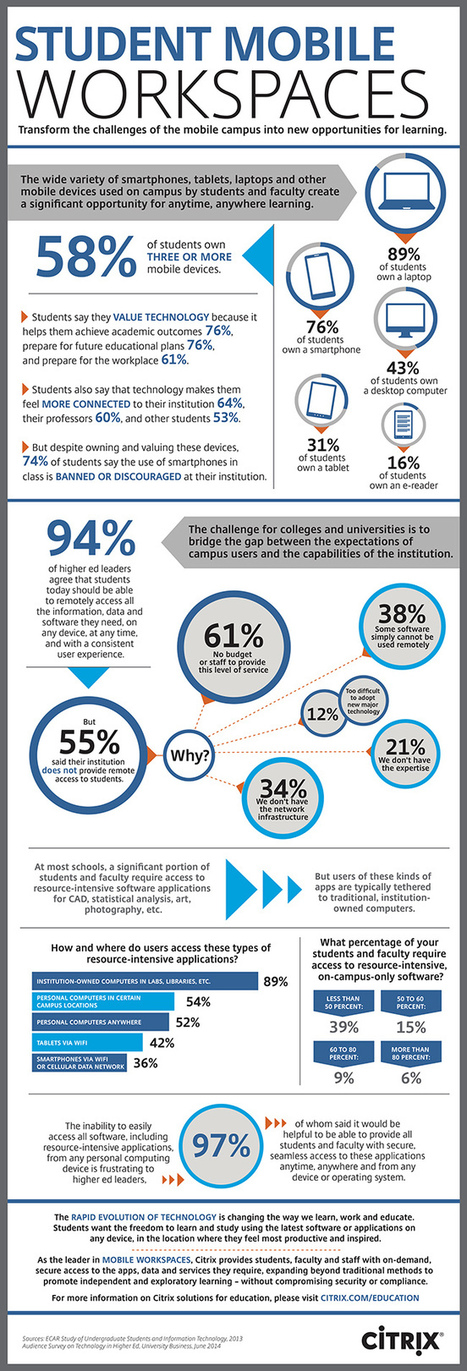Abstract: A different dimension have come to the education with becoming widespread and cheapening of mobile devices and the development of wireless technologies, mobile devices have begun to be used in education and the concept of mobile learning has emerged. Mobile phones, smartphones, handhelds, tablets, laptop computers and wearable technologies are the main devices and categories used in mobile learning. It is observed that rapid technological developments in mobile devices have resulted in a rapid development in software technologies for mobile devices. Augmented reality applications, new generation game engines and personal developable applications for wearable technology show the size of mobile technology reached as the software. It is seen that mobile network and wireless communication technologies are also developed in line with the pace of mobile and software technology. All these mobile technologies allows mobile learning to be most appropriate for the learner. In addition, these technologies increase the mobility of learning and the convenience for learning anytime and anywhere. In this study, used and existing technologies for mobile learning will be covered. Developing mobile technologies will be examined and the comments will be made on how these technologies can be used in mobile learning.
Keywords: Mobile Learning, Mobile Technologies, Mobile Technologies in Education
Research and publish the best content.
Get Started for FREE
Sign up with Facebook Sign up with X
I don't have a Facebook or a X account
Already have an account: Login
 Your new post is loading... Your new post is loading...
 Your new post is loading... Your new post is loading...
|
|

















